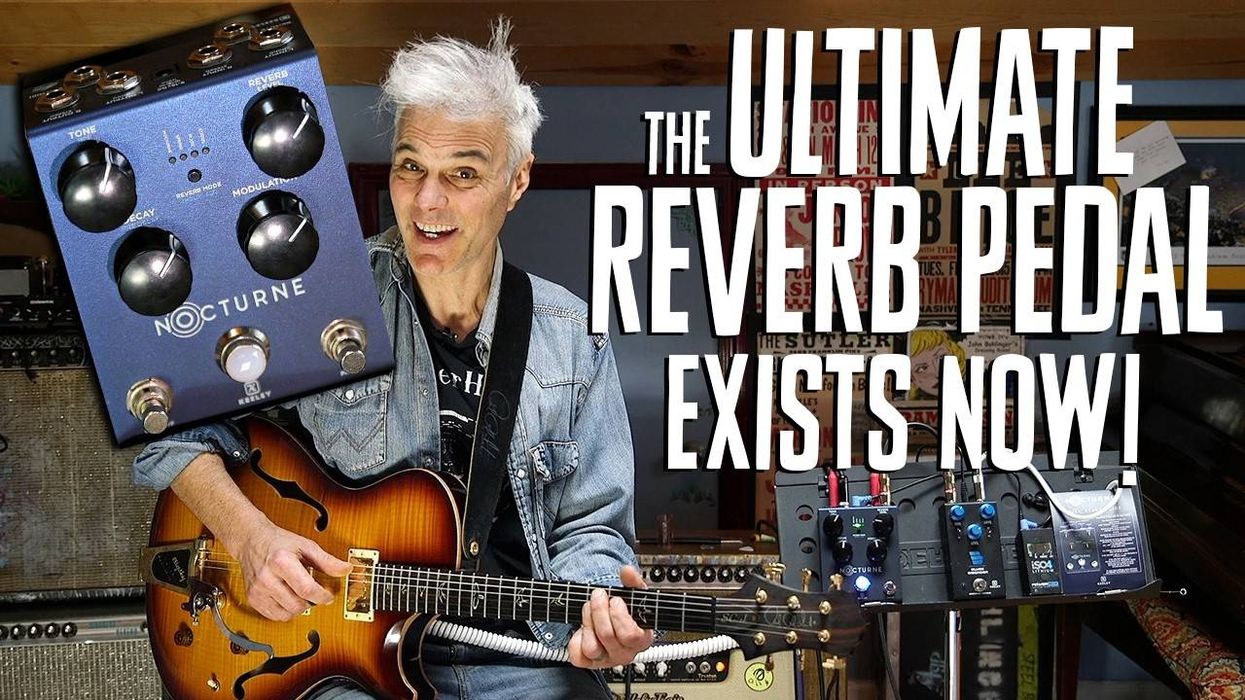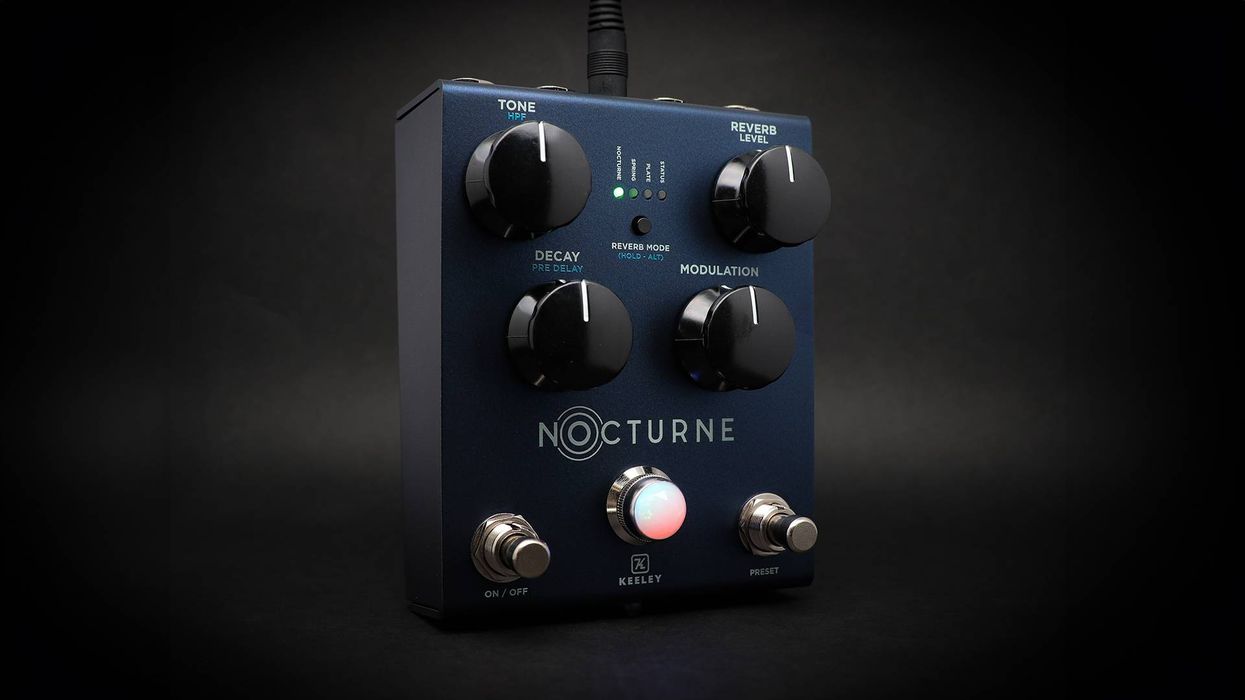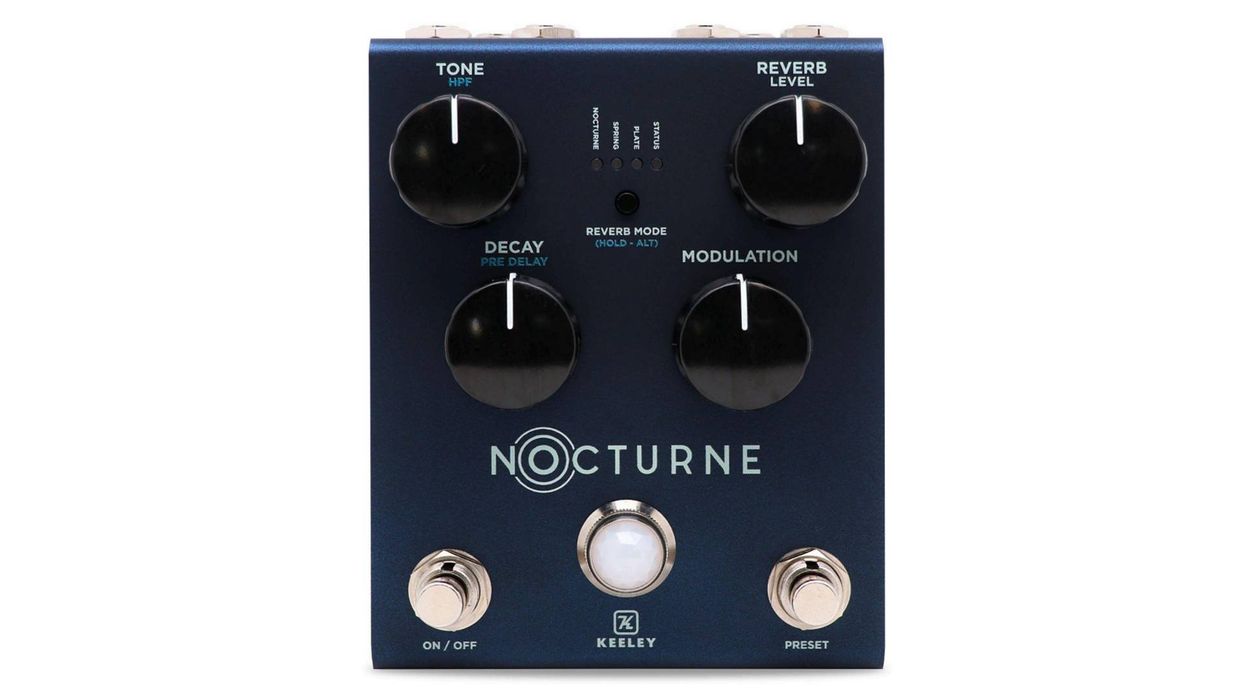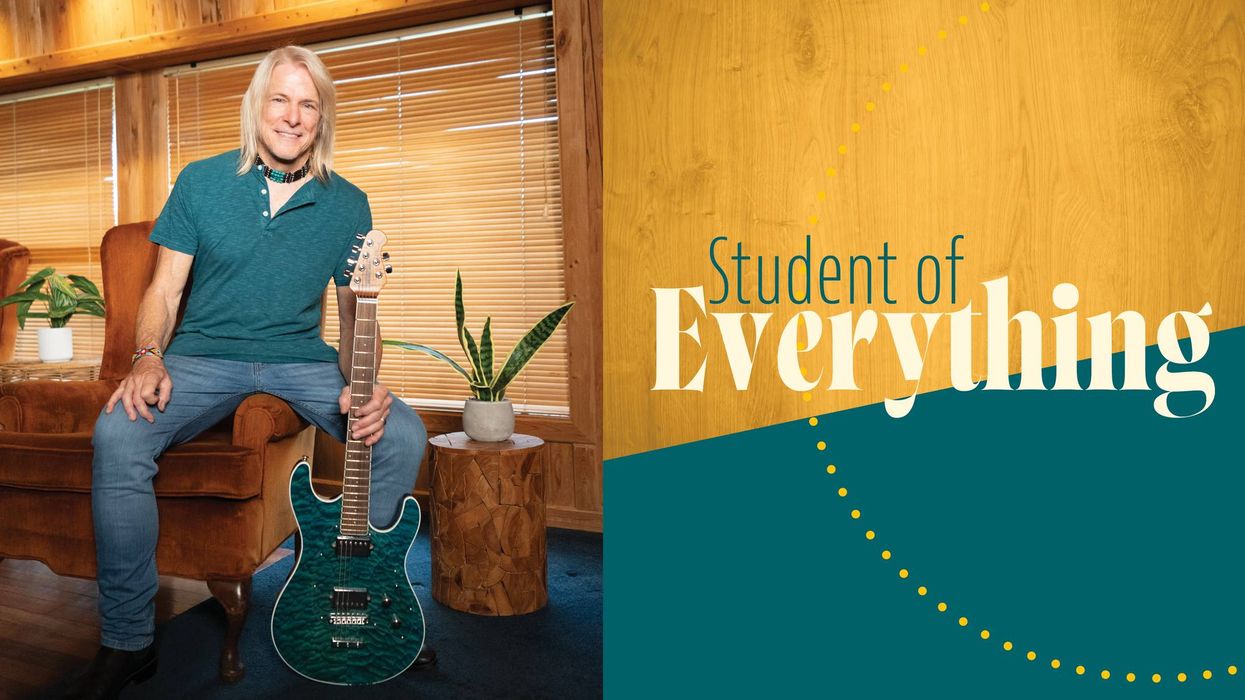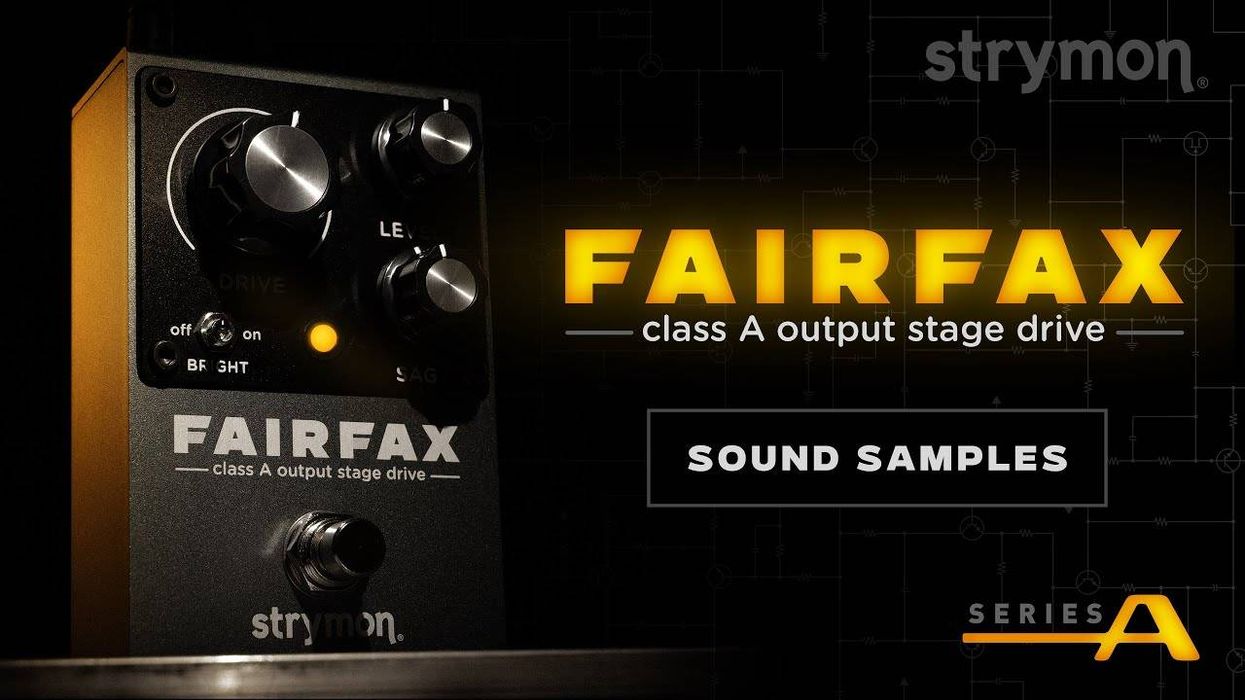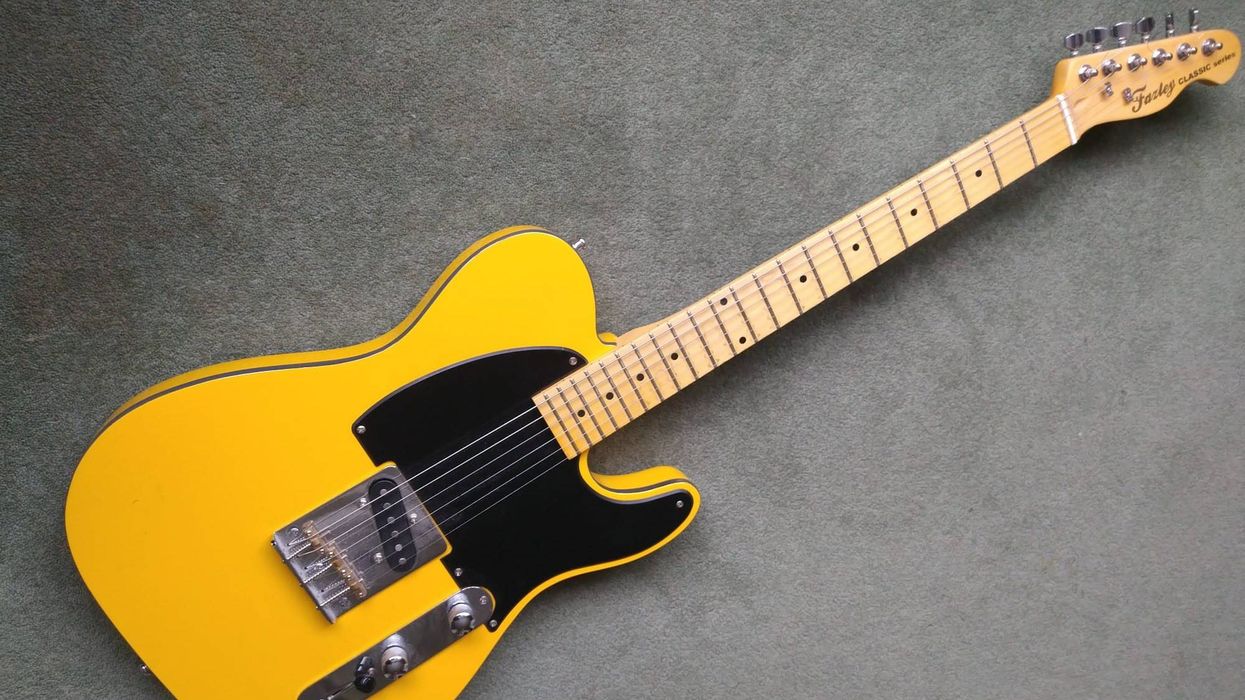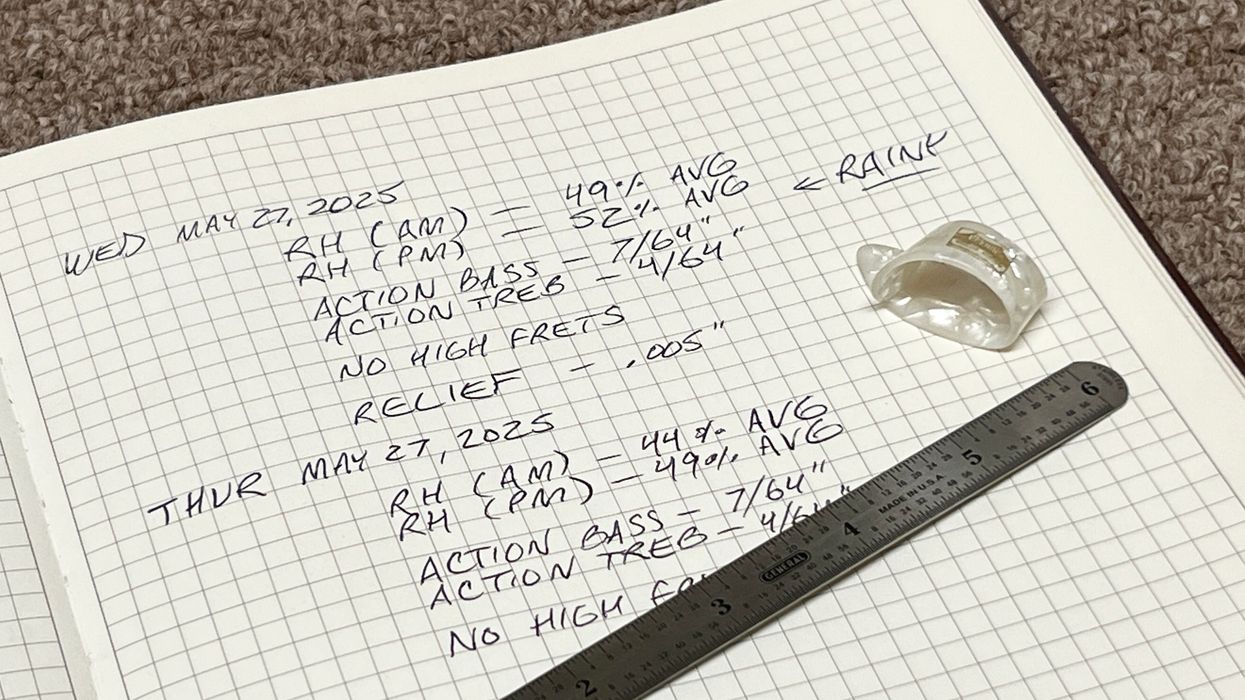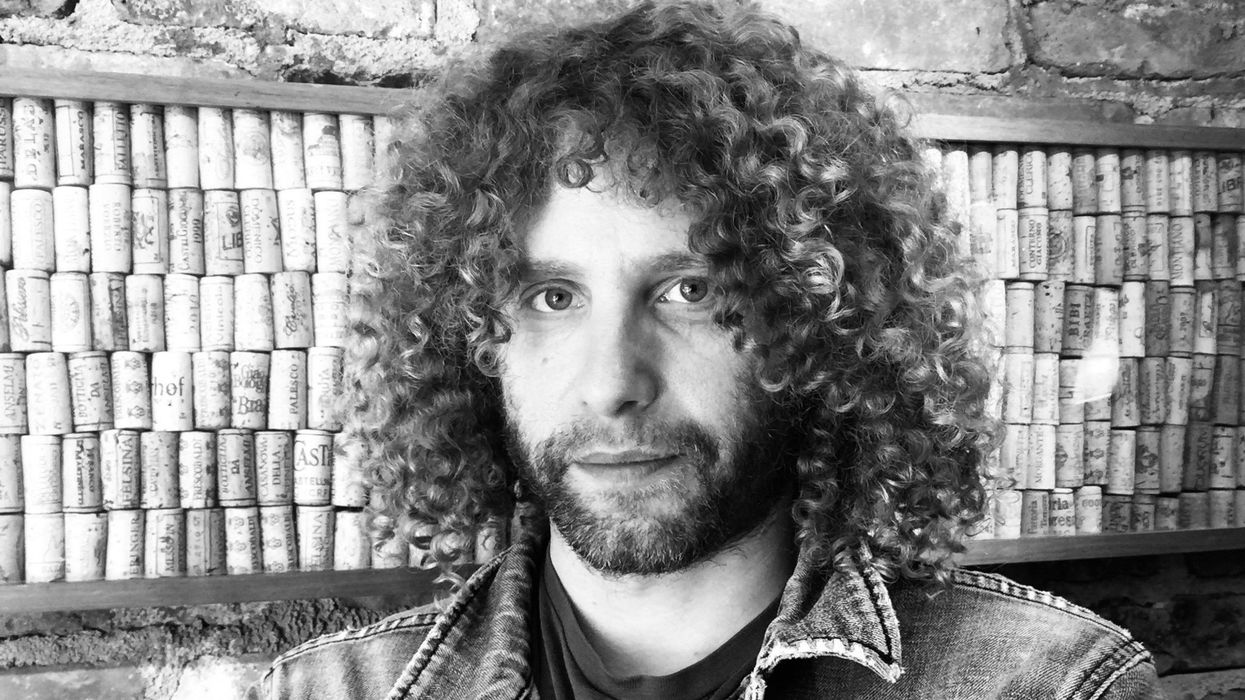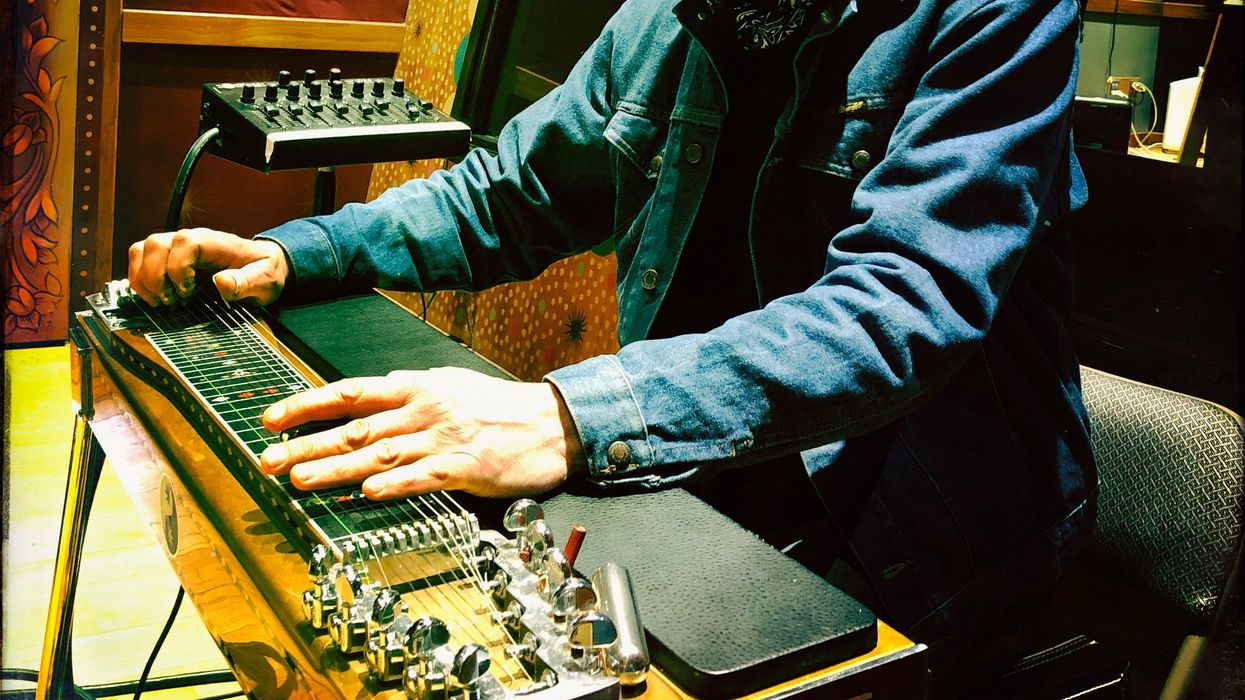In 1969, I had the opportunity to finish my senior year of high school at Berklee. (This was before Berklee was accredited, so back then it was called “Berklee School of Music.”) I was 17, attending a boarding school near Boston, and had been taking weekly private guitar lessons at Berklee for nearly three years. It was the only college I’d applied to and the headmaster at my boarding school saw this as an excellent way to get a troublemaker—this weird, guitar-obsessed kid who was getting increasingly restless and into mischief—off his campus.
At the time, Berklee was a stone jazz school. I arrived halfway through the academic year and was assigned a bunk in a room with three other guys in the Boylston Street dormitory. My roommates were older and much more worldly than me, and the first night I was there some Jersey kids in an adjacent room doused a rodent with lighter fluid and set it on fire. Watching the poor thing run shrieking down the corridor to its demise, I realized I had to grow up fast.
My new private guitar teacher was the now-legendary Mick Goodrick. He was only 24, but he already had a reputation as the school’s guitar guru. His big black beard enhanced this image, and I admit I was nervous when I showed up at his office for my first lesson.
The door was ajar, so I poked my head inside. “Come in,” he said, “and close the door.”
As I unzipped my gig bag and drew out my triple-pickup Dynacord thinline (a guitar that had served me well for many gigs in my first band, the Abstracts), Mick lit an unfiltered Pall Mall cigarette, inhaled deeply, and then blew a thick cloud of smoke my way. He fixed a steely gaze on me while I fiddled with my tuning.
After a long pause, he took another puff and said, “Knowledge is not like a hamburger.”
He waited, gauging my response.
It was a test—that much I knew—but for the life of me, I couldn’t figure out what to say.
Sensing my confusion, Mick leaned forward. “Okay,” he said quietly. “Suppose you’re hungry and I have a hamburger. If I split it with you, I only have half a hamburger left.”
I nodded.
“But that’s not how knowledge works. I can show you everything I know—share all that I’ve learned in my years of playing guitar—and still keep it."
He sat back, waiting for a reaction. I must have mumbled something like, "Yeah, that’s cool.” But I didn’t have a clue.
“Think about it,” he said, handing me the week’s assignment. We wrapped up that first lesson and I wandered back to the dorm, wondering what had just happened.
A music school is a competitive, high-pressure environment where young impressionable minds can fall into the trap of being protective about what they know. And that’s not surprising: After all, students are graded on a bell curve, so one’s academic success depends on getting higher marks than the person sitting next to you. It’s easy to believe that to “get ahead” you must acquire more knowledge than others and keep it to yourself.
This kind of thinking permeated Berklee’s student body in 1969—and maybe it still does. When hometown-heavies collide, it’s not a pretty sight. And, alas, professors often stoke the fire of competition. Have you seen the film Whiplash? Like that.
But as I paced up and down Hemenway Street, trying to work out my place in this school and the world of music I fervently wished to join, it slowly dawned on me: I did not have to be a prisoner of zero-sum thinking. I did not have to regard other guitarists as a threat to my own growth. Mick had shown me another way: Instead of hoarding knowledge, give it away. Open up. Be free.
Over the decades I’ve had plenty of opportunity to witness the knowledge-hoarder mentality. How about in music stores? I’m sure you know the feeling: You walk into a guitar shop and are greeted by an employee who, for whatever reason, acts like he knows something you don’t. It’s as if playing guitar is some kind of poker game: Who has the best hand? The most chips? Yeah, that’s right—me. I win!
As I began to adopt Mick’s “not a hamburger” perspective on learning, I discovered something amazing: The more knowledge I shared, the more new knowledge found me. And once I started to get the hang of it, it just kept building. That afternoon, in a haze of cigarette smoke, Mick planted the seed to my future career as a guitar teacher and journalist.
So my friends, perhaps someday our paths will cross. I’ll show you a lick or chord voicing, or play something I’m working on, and I hope you’ll do the same. Do we have a deal?




